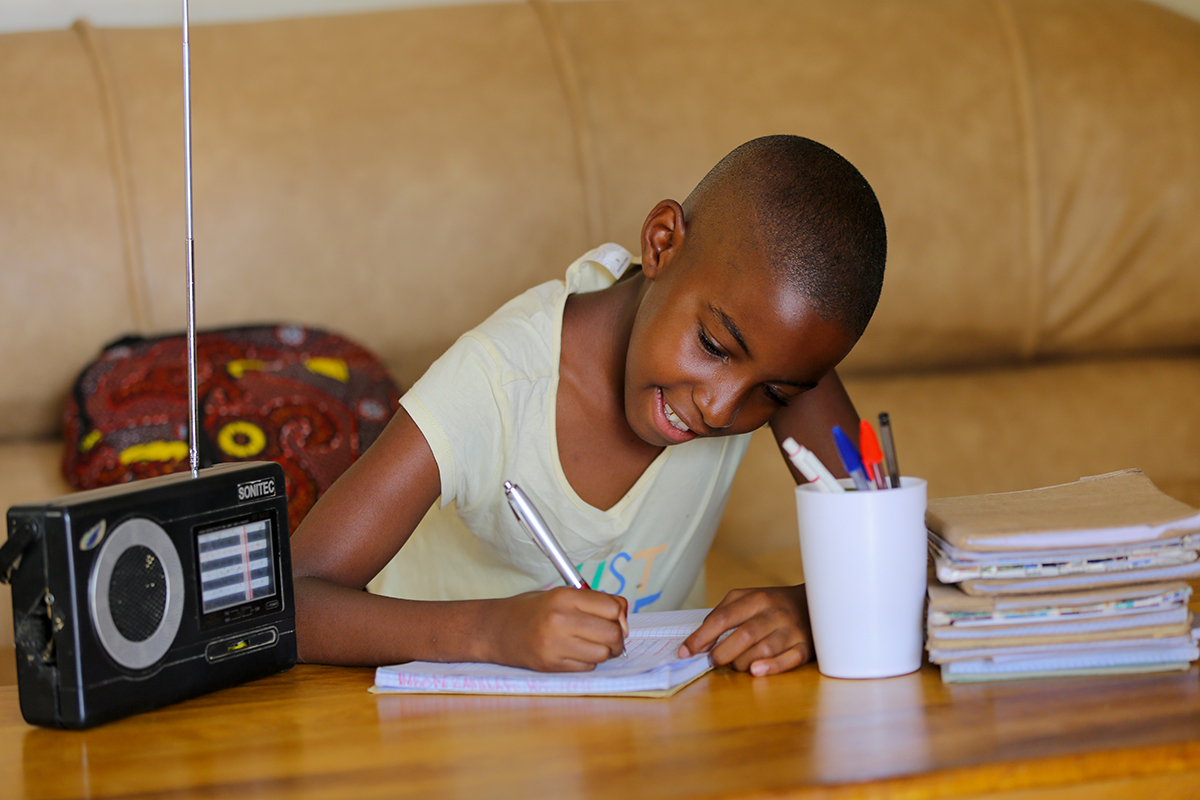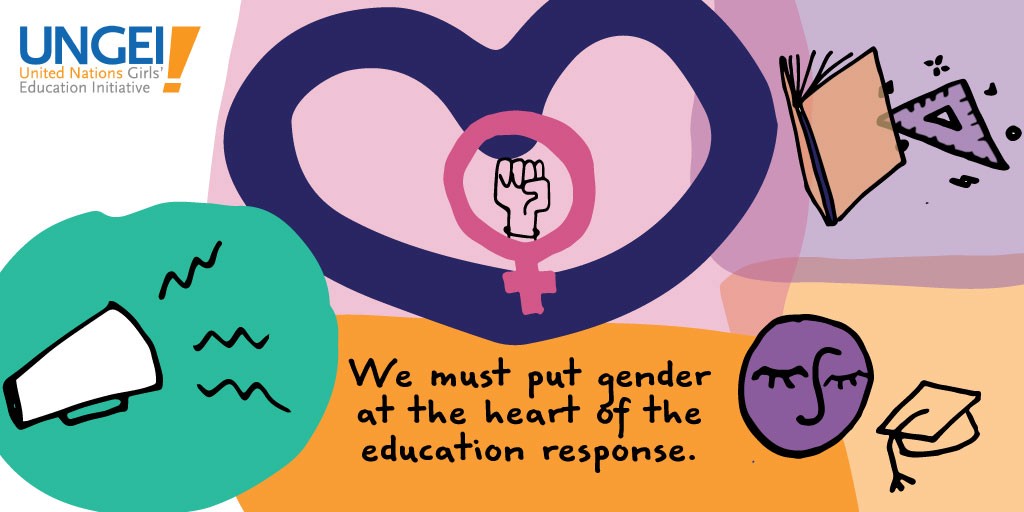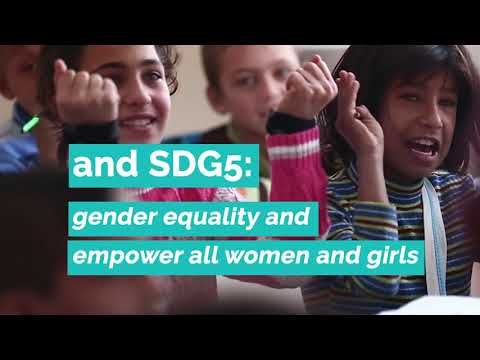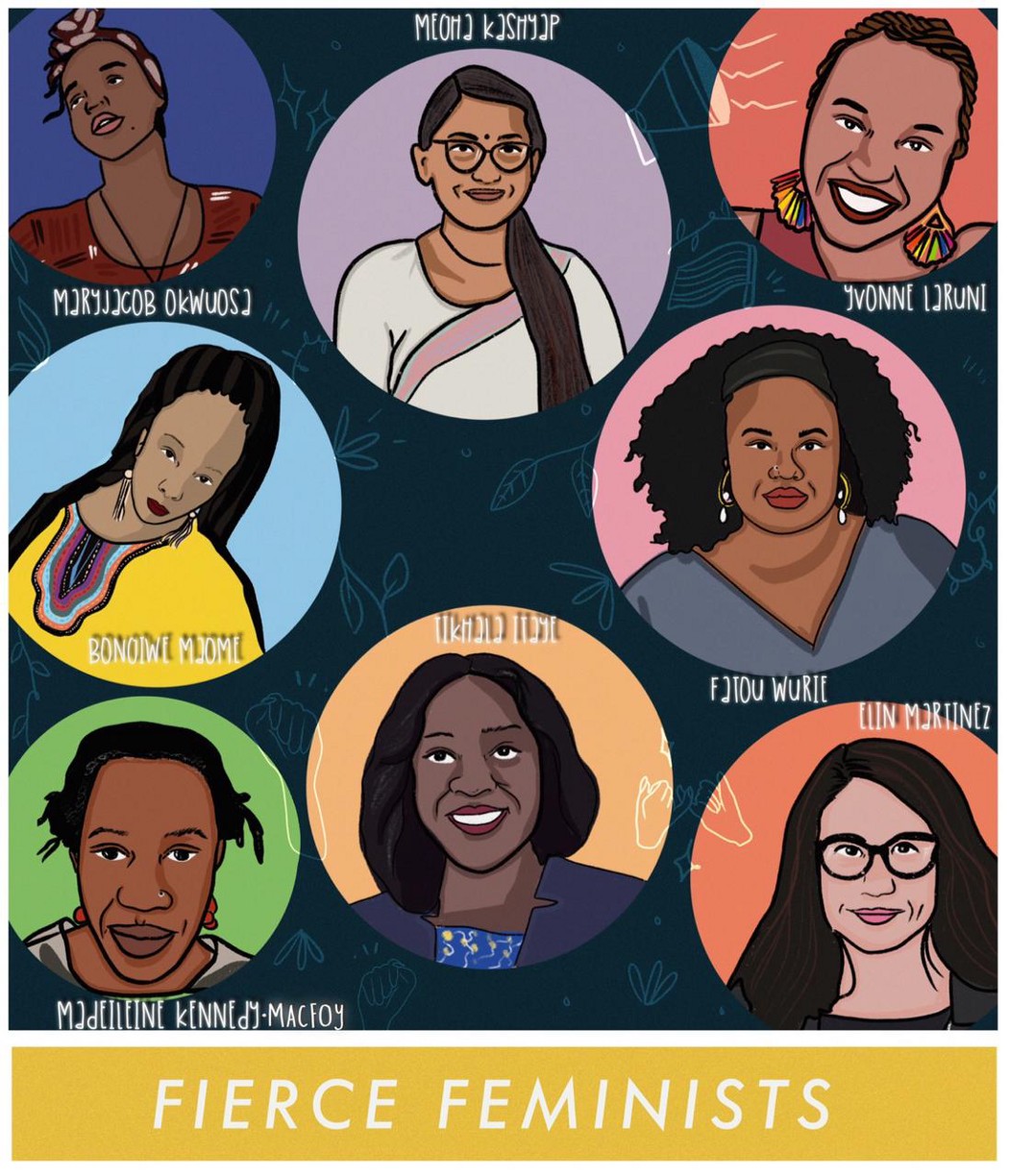As of 31st March 2020, 1.54 billion children are out of school, including 743 million girls. 111 million of these girls are living in the world’s least developed countries, where economic vulnerability, crisis and instability already represent major barriers for girls’ education. In these contexts, measures outlined by the World Health Organization to prevent the transmission of COVID-19 such as social distancing and frequent hand-washing are much more difficult to undertake and enforce.
From the Ebola, Zika and SARS experience, we know that health emergencies can exacerbate existing gender inequalities. Already, young women are reporting back on the disproportionate impacts of COVID-19 on girls’ education and livelihoods. For many girls, schools are a lifeline, providing essential services such as nutrition and health information, as well as protection from exploitation and violence.
In Sierra Leone, studies show that the closure of schools in an effort to combat the Ebola outbreak made girls more vulnerable to physical and sexual abuse both by their peers and by older men. In the event of school closures, girls often face an increased burden of care, risk of child marriage and early pregnancy, and a loss of essential sexual and reproductive health services as resources are diverted to the outbreak response.

As a multi-stakeholder partnership, UNGEI is supporting partner and ally organisations through:
Creating a space and providing a platform for learning and exchange
UNGEI is curating a collection of blog posts, opinion pieces, tools and publications that relate to gender, education and crisis recovery and response. These resources will be shared to enhance information sharing and support capacity building across the partnership. UNGEI will also coordinate a blog post series “In Solidarity with Girls”, which is dedicated to raising attention to the gendered impacts of COVID-19 and outlining strategies to put gender at the heart of the COVID-19 education response and recovery.
Giving space to youth, and young women in particular, to shape the dialogue
UNGEI will coordinate a series of virtual meetings between high-level leaders and champions of education and young activists to discuss the gendered impacts of COVID-19 in their respective contexts, and engage in mutual learning and exchange. Through UNGEI’s ongoing Transform Education campaign, young advocates are using vlogs and voice notes to gather experience on the impacts of COVID-19 on girls and young women, as well as youth-driven innovative solutions.
Global advocacy to raise attention to the impact of COVID-19 on women and girls
Whilst we support the measures undertaken by governments to close schools in order to slow the transmission of COVID-19, we will continue to raise awareness of the potentially devastating impacts that this can have on young people’s lives, and girls in particular. We will continue to advocate for ministries, NGOs, multilateral and humanitarian organisations to put gender equality at the heart of the education response. We must ensure that, even in times of crisis, gender equality does not become sidelined.
We applaud the work of ministries of education, multilateral organisations, youth-led networks, and civil society to continue providing learning and education opportunities to the most vulnerable children, and girls in particular.
The trajectory of this crisis is yet unknown. Let this be an opportunity for us, as a global community, to work creatively and explore how we can use our collective voice to put gender at the heart of the education response.




 English
English العربية
العربية Български
Български Hrvatski
Hrvatski Čeština
Čeština Dansk
Dansk Nederlands
Nederlands Suomi
Suomi Français
Français Deutsch
Deutsch Ελληνικά
Ελληνικά हिन्दी
हिन्दी Italiano
Italiano Română
Română Русский
Русский Español
Español Maltese
Maltese Zulu
Zulu አማርኛ
አማርኛ